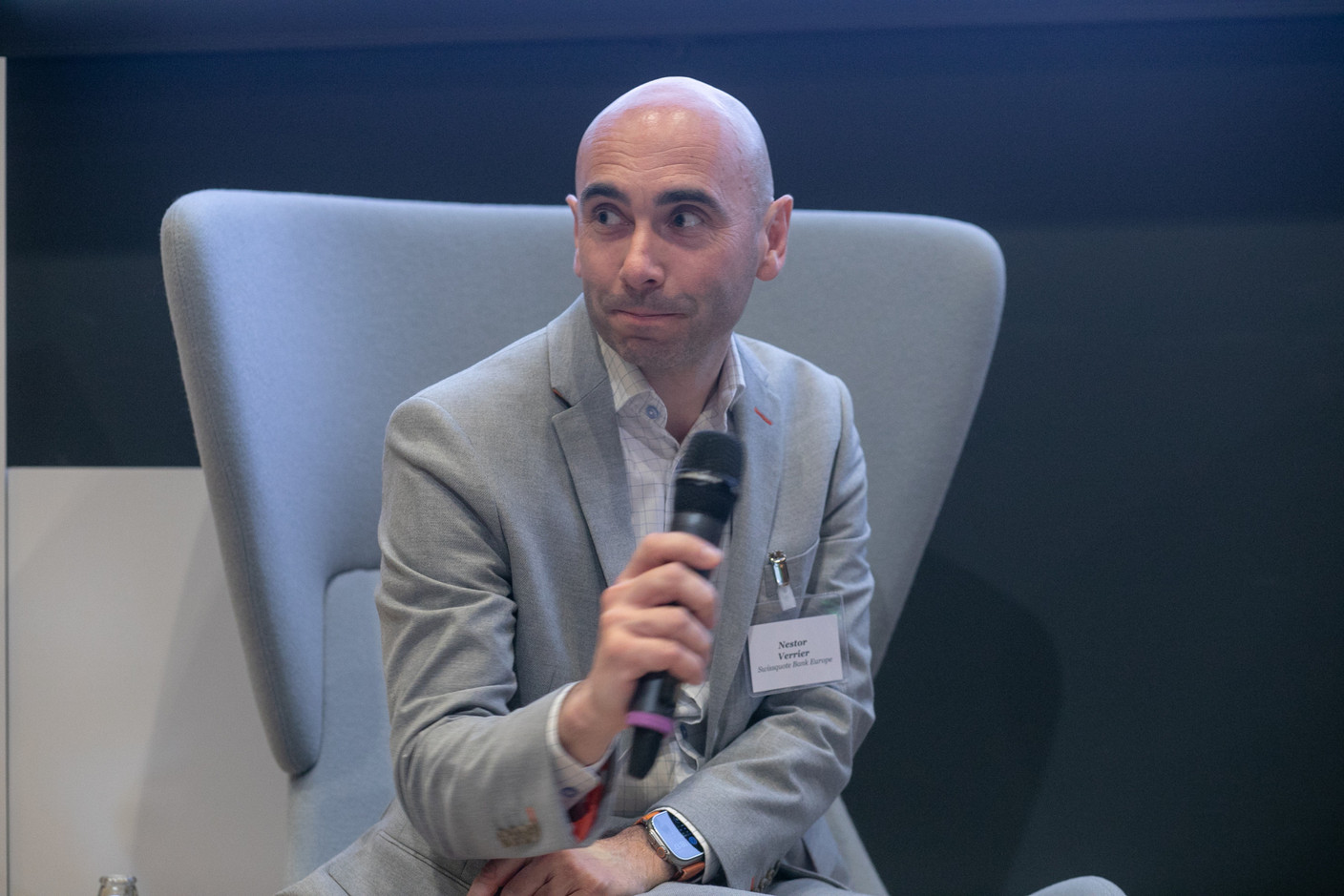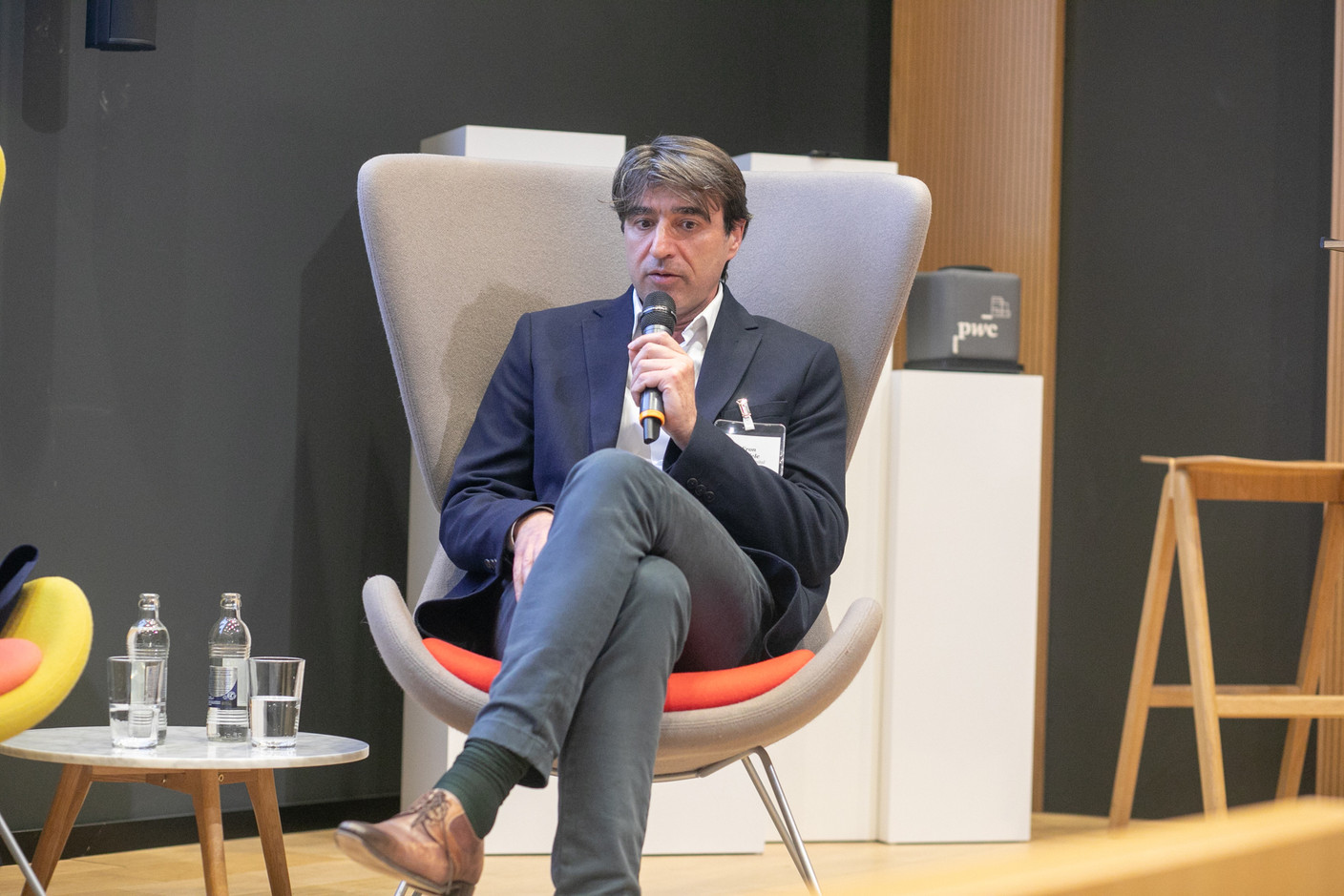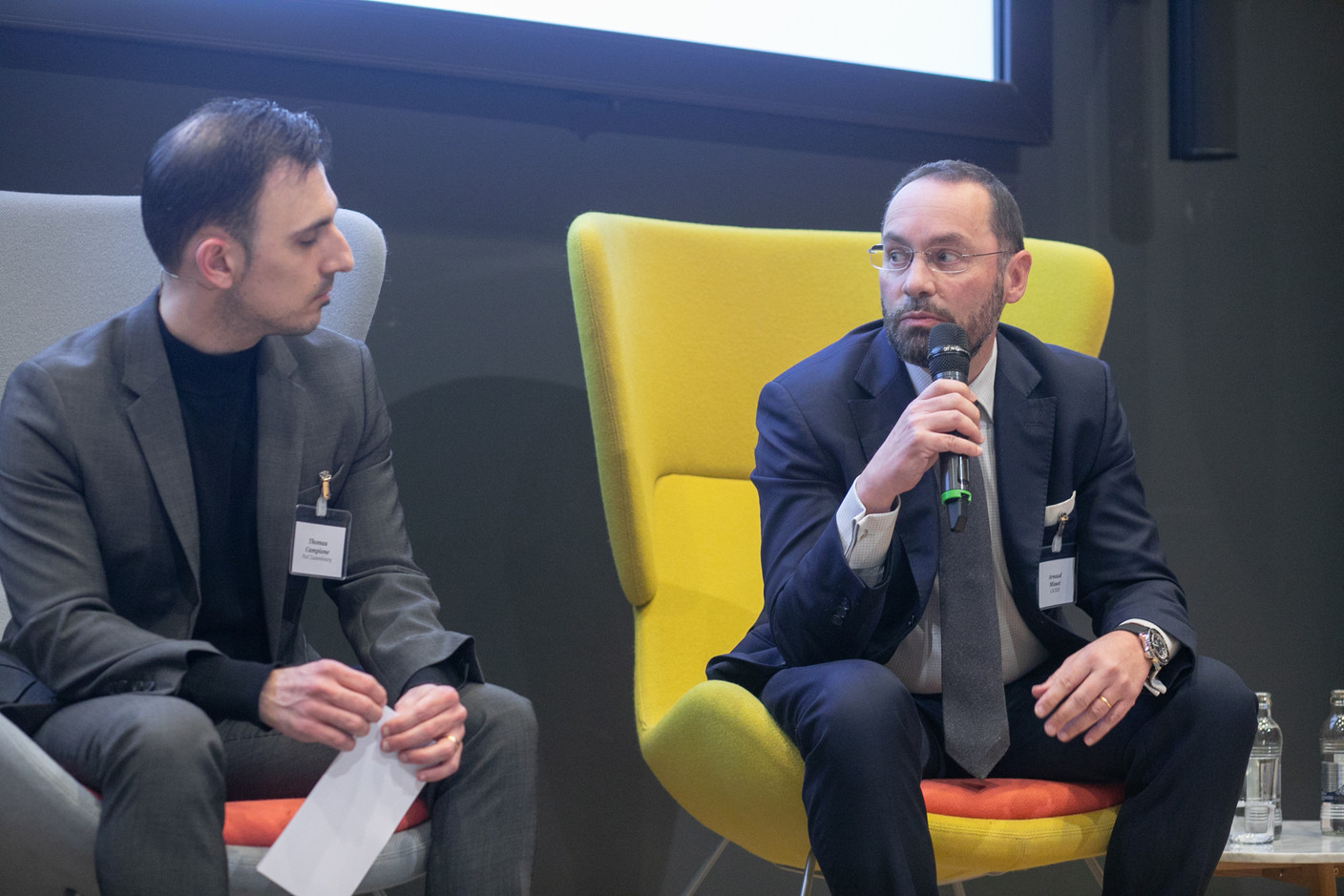In 2022, an eye-watering $2trn (€1.82trn) worth of cryptoassets were wiped out from the crypto market. Many of the losses were triggered by the collapse of important market infrastructures such as FTX. The cryptoassets market has so far failed to regain its footing and trust in cryptos is at an all-time low.
Karen O’Sullivan, head of innovation, payments, market infrastructures and governance department at the CSSF, Luxembourg’s financial regulator, said consumer confidence in cryptoassets had been “destroyed” by the events of 2022 and that it may take some time before consumers can trust cryptoassets again.
Jack Ehlers, chief operating officer at Bitstamp Europe, said that while the FTX scandal had rocked the industry, the market could learn some important lessons. “I don’t like the cult of personality,” Ehlers said, referring to FTX founder Sam Bankman-Fried. “If you look at FTX’s people, they had some top names and clearly a lot of questions were not asked. Going forward, we need to better scrutinise business models and firms need to toughen up their due diligence,” he said.
All of the panelists welcomed better regulation of the cryptoassets space in the form of the EU Markets for Cryptoassets (Mica) Regulation, which is expected to enter into force this year. The new rules seek to establish a harmonised set of rules for cryptoassets. O’Sullivan said Mica will have a significant impact on firms operating outside of the regulated space, many of whom will need to heavily invest in new processes to comply with the rules.
Asset managers, as regulated firms, can still play an important role in driving market development, according to Eron Angjele, chief investment officer at Arquant Capital, which offers funds entirely backed by cryptoassets. Angjele said asset managers can influence non-regulated exchanges by requiring them to meet industry best-standards as a condition for doing business with them.
Arnaud Misset, chief digital officer at Caceis, said meeting client demand for cryptoassets is one of the biggest challenges facing asset managers in the institutional space. “Institutional investors want to buy and hold assets, and they invest in large volumes. If we are unable to offer cryptoassets to clients, we will struggle to retain them,” Misset said.
Issues concerning crypto custodians also pose a serious challenge, according to Nestor Verrier, general manager at Swissquote Bank Europe. Verrier said a lack of technology and expertise in this area made it difficult to find a viable custodian to safely store crypto assets. Swissquote subsequently built their own solution at a significant cost.













































